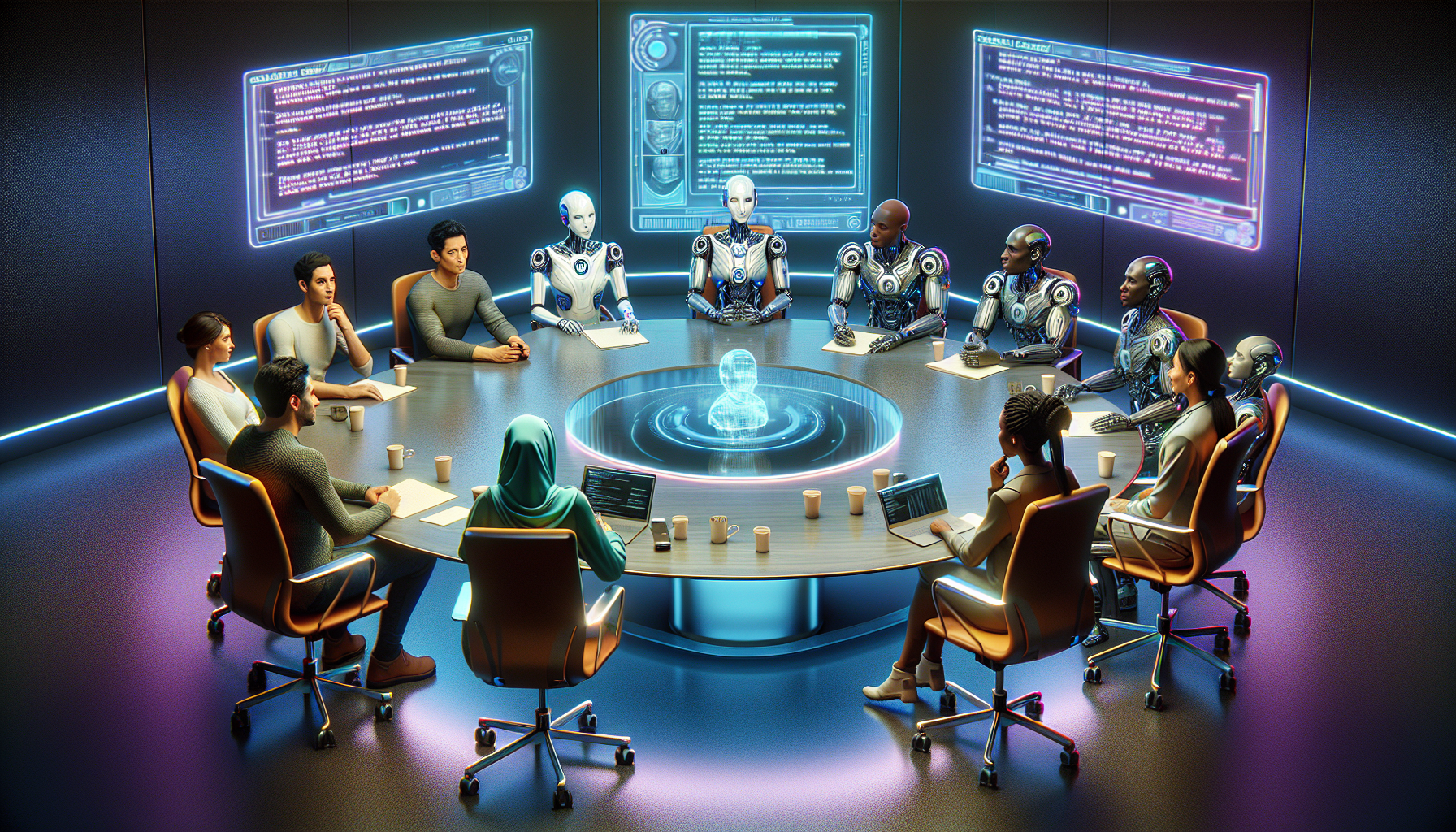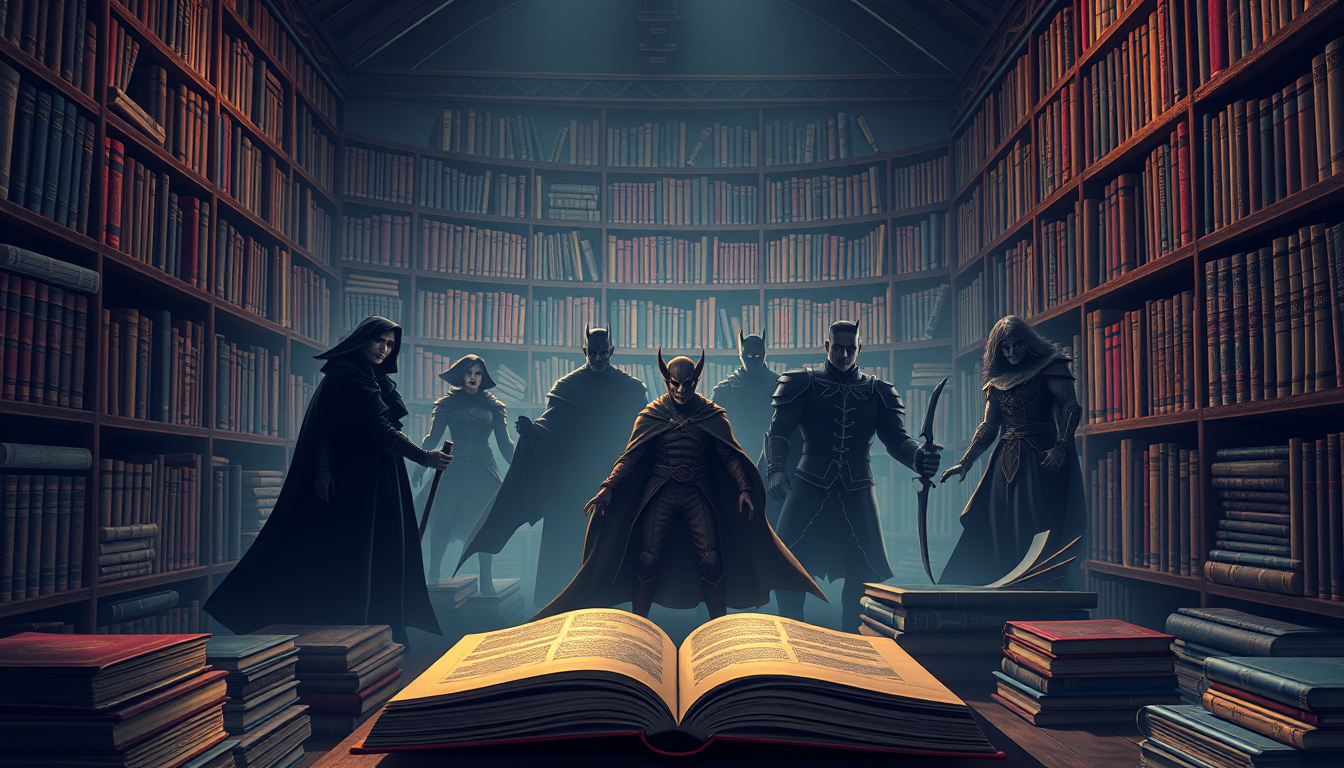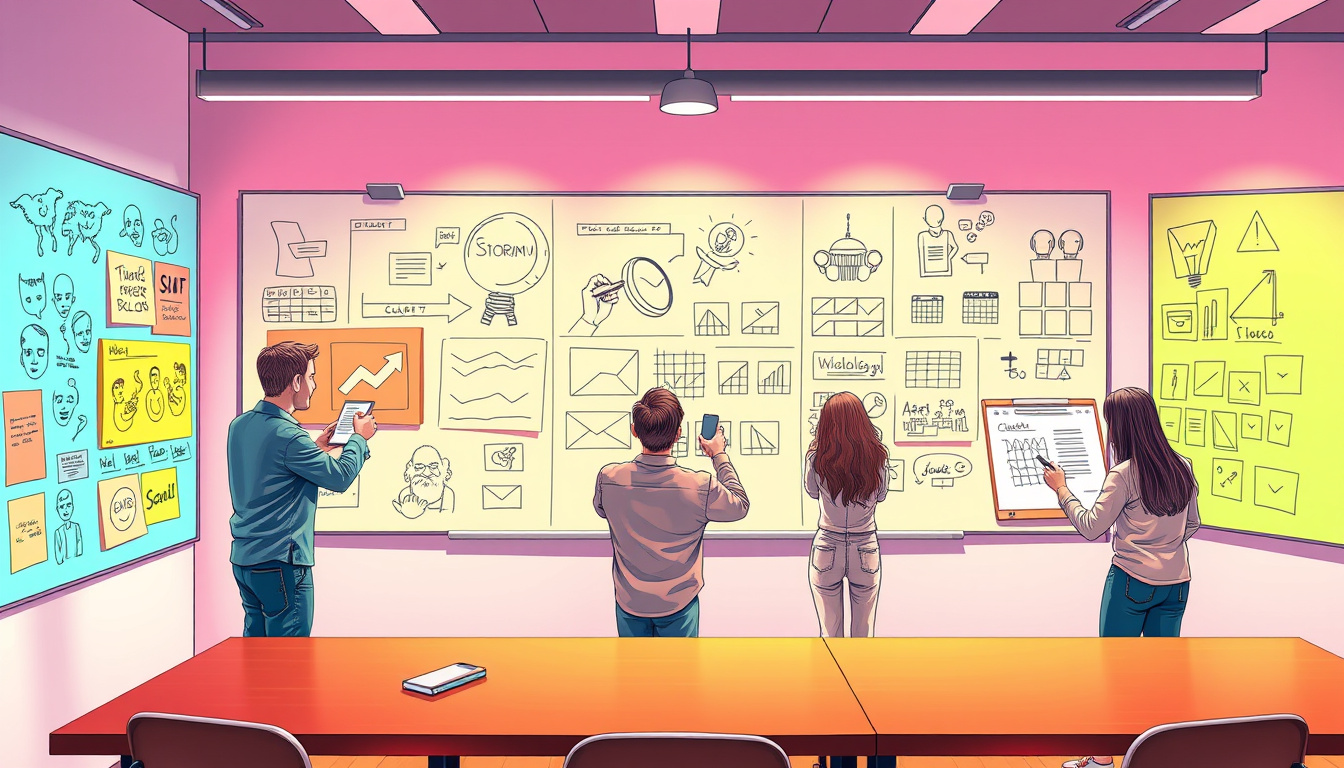
Lights, Camera, Algorithm: The Ethics of AI-Powered Screenwriting
Welcome to the fascinating world of AI-powered screenwriting, where the scripts are hot off the digital press and the ethical considerations are as complex as a Christopher Nolan plot twist. As AI continues to waltz into the creative arena, screenwriters, filmmakers, and morally concerned citizens are eyeballing this technological marvel with a mix of awe and anxiety. Let’s dive into the ethical rabbit hole of using artificial intelligence to craft cinematic masterpieces (or potential box office bombs).
The Authenticity Quandary
Once upon a time, in a land far, far away from the realm of ones and zeroes, authenticity in storytelling was solely the domain of human experience and imagination. Enter stage left: AI screenwriters capable of churning out scripts after digesting centuries of narrative lore. But does this bot-written content carry the emotional depth and authenticity of human-authored tales? Can a machine understand the heartbreak of a love story gone sour or the triumph of an underdog? This authenticity conundrum forms the crux of the ethical debate as machine-generated narratives begin to populate screens big and small.
Job Security: Do Screenwriters Need to Join the Resistance?
As AI starts to pen scripts, the specter of unemployment looms large for flesh-and-blood screenwriters. Will the writers’ rooms of the future be filled with servers instead of snack-fueled storysmiths? While AI can assist in drafting narratives based on vast troves of data, the human touch is irreplaceable in adding depth, nuance, and, let’s be honest, the glorious mess of human conflict. Yet, the question remains: can and should AI cohabit the sacred space of creativity without tossing humans out of the screenplay party?
Intellectual Property Tango
Who owns a screenplay penned by a non-sentient entity? This legal tangle adds a dash of spice to the already simmering pot of ethical stew. If an AI creates a script, does the credit go to the programmer, the studio, or the AI itself? And let’s not forget the potential uproar from original creators if their works are used as inputs for AI that then regurgitates derivative pieces. This intellectual property tango requires us to rethink copyright laws as we slowly teach algorithms the art of narrative dance.
Creative Control and Algorithmic Bias
Let’s talk about the director of this AI scriptwriting show: the algorithm. While it doesn’t wear a beret or yell “cut” through a megaphone, its creators program its preferences, which can lead to biased outputs. Since algorithms are trained on existing data, they can inadvertently perpetuate stereotypes and recycle clichéd narratives. These biases could potentially skew the diversity and richness of cinematic storytelling, turning our screens into echo chambers of the same old stories—just more efficiently produced.
Making Room for Morpheus: The Moral of the Story
In the epic saga of man versus machine, AI-powered screenwriting poses both tantalizing prospects and ethical puzzles. As we stand at this crossroad, the industry must decide how to integrate AI tools responsibly. Perhaps the ultimate plot twist is finding a balance where AI serves as a co-creator, not a usurper, augmenting human creativity rather than replacing it. In the screenplay of the future, humans and AI could share the byline, blending silicon savvy with human heart.
So, grab your popcorn and 3D glasses, as we watch this story unfold. The ethical debates will likely continue long after the credits roll, raising as many questions as AI can script answers. After all, in the drama of AI-powered screenwriting, we’re all part of the audience—and possibly the cast.






